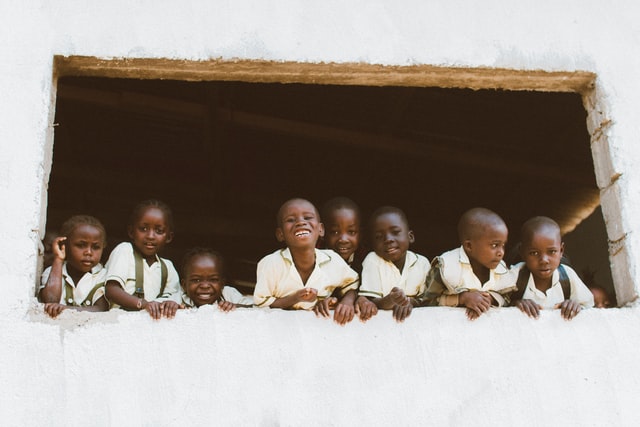Photo by Adrianna Van Groningen on Unsplash
The day has been marked for 30 years now on 16 June.
Following are some facts about the International Day of the African Child and the status of other child-related African initiatives.
- According to the official African Union Day of the African Child (DAC) 2020 webpage, the day came about because: “In 1991, the Assembly of Heads of State and Government of the then OAU instituted the Day of the African Child (DAC) in memory of the 16th June 1976 student uprising in Soweto, South Africa.”
- The theme of DAC2020 is: ‘Access to a Child-Friendly Justice System in Africa’.
- In South Africa the day is marked as Youth Day, which is a public holiday.
- The African Charter on the Rights and Welfare of the Child (African Children’s Charter) was adopted by the Organisation of African Unity (OAU) on 1 July 1990, and it entered into force on 29 November 1999.
- According to the African Children’s Charter, “a child means every human being below the age of 18 years”.
- Namibia signed the African Children’s Charter on 13 July 1999 and ratified it five years later, on 23 July 2004.
- As per the Namibia Inter-censal Demographic Survey 2016 Report, of the Namibia Statistics Agency, children made up about 37% of Namibia’s population.
- On 9 November 2016, the African Committee of Experts on the Rights and Welfare of the Child (ACERWC) introduced the ‘Agenda 2040: Fostering an Africa fit for children’.
- The Agenda 2040 emerged from the conclusions of a high-level summit that commemorated the 25th anniversary of the adoption of the African Children’s Charter, held from 20-21 November 2015 in Addis Ababa, Ethiopia.
- The Agenda 2040 has 10 aspirations, namely:
Aspiration 1: The African Children’s Charter, as supervised by the African Children’s Committee, provides an effective continental framework for advancing children’s rights.
Aspiration 2: An effective child-friendly national legislative, policy and institutional framework is in place in all Member States.
Aspiration 3: Every child’s birth and other vital statistics are registered.
Aspiration 4: Every child survives and has a healthy childhood.
Aspiration 5: Every child grows up well-nourished and with access to the basic necessities of life.
Aspiration 6: Every child benefits fully from quality education.
Aspiration 7: Every child is protected against violence, exploitation, neglect and abuse.
Aspiration 8: Children benefit from a child-sensitive criminal justice system.
Aspiration 9: Every child is free from the impact of armed conflicts and other disasters or emergency situations.
Aspiration 10: African children’s views matter.
– Agenda 2040

